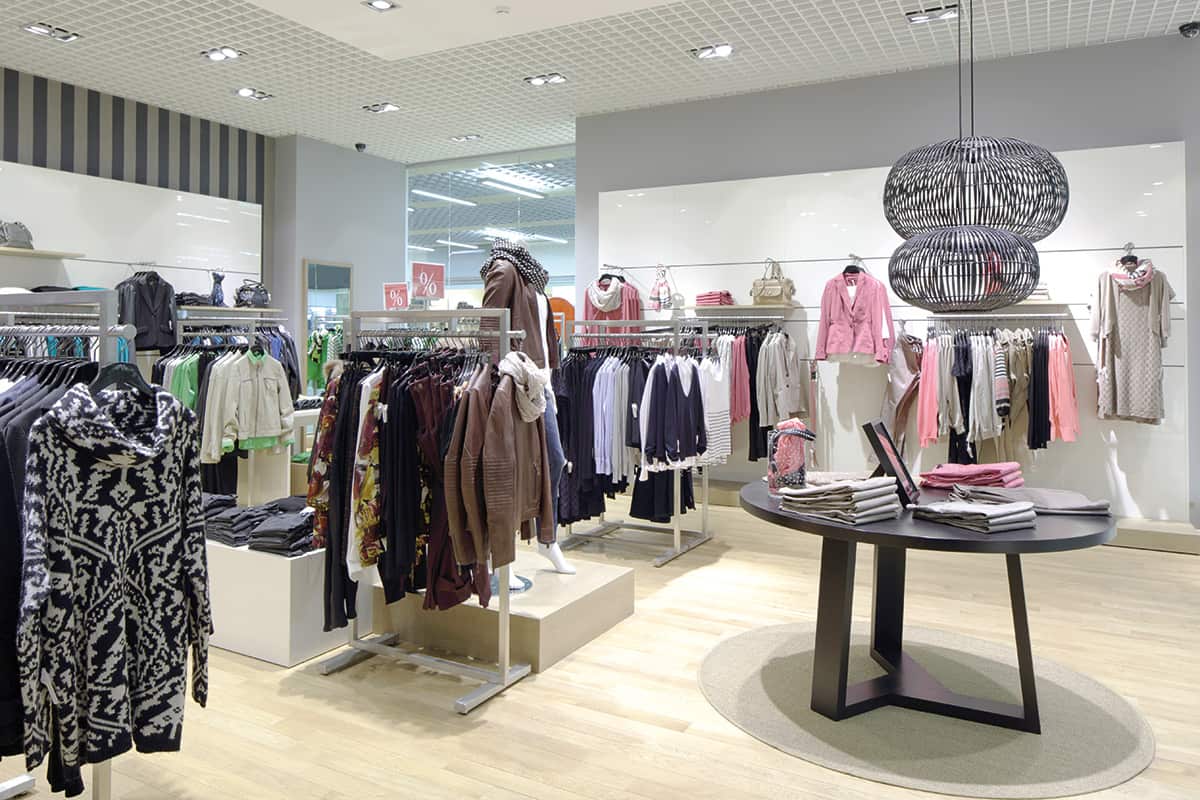Growth 2000 retailers represent the heart of a highly diverse UK retail industry, writes Chloe Rigby.
The second annual Growth 2000 report focuses on the vibrant and diverse core of British ecommerce and multichannel retail. Its members are traders that sit beyond the leading retailers.
This group emerged as a key part of the picture through the research process that RetailX has carried out over the last six years to identify the UK’s 500 leading retailers. Researchers mapped more than 2,500 traders in order to establish which were the most successful, defining the Top500 through a ‘footprint’ study that analysed retailers’ online and offline turnover, plus how many stores and how much web traffic they have. The G2K represent the next 2,000 retailers. A significant number sit on the boundary of that leading group and are as likely to be included in the G2K as in the Top500, moving between the indexes from year to year.
Who are the Growth 2000?
This large group is defined by its diversity. These are retailers operating businesses that, between them, offer customers a breadth of choice, often accompanied by deep and niche expertise.
The largest groups of Growth 2000 (G2K) retailers are in the fashion business, from international clothing and footwear brands such as Balenciaga, Chanel and Timberland to specialist party and wedding dress business EricDress and fast fashion business nelly.com.
Some 23% of G2K retailers sell fashion clothing, while 21% sell fashion accessories and 17% fashion footwear. Sports and leisure clothing is sold by 14% of retailers in the index, while sports and outdoor footwear and equipment are each available from 13% of traders, among them Sigma Sports, Tredz and Tweeks Cycles.
Some 14% sell consumer electronics, among them Mark Electrics, and 13% sell homewares. All other product categories are each sold by fewer than 10% of retailers, from jewellery (9%), cosmetics and health products (both 6%) to children’s toys and accessories (3%), groceries (3%), drink (2%) and garden products (2%). Each of the three categories of books, stationery and craft, music, film and TV-related products are sold by 4% of G2K retailers, such as independent bookseller A Great Read.
There are highly specialist niche retailers, from cosmetics retailer Bobbi Brown through to sports nutrition supplement business GNC, and from Master of Malt through to Professional Music Technology and Alpine Trek. Such businesses may well out-compete their larger rivals for the in-depth knowledge of their core products. They sit in the rankings alongside retailers that sell a wide range of merchandise, such as Hawkin’s Bazaar. Many are the UK websites of larger international retailers: Mister Auto UK, for example, is one of 19 international websites operated by the France-based business.
Mapping success in the G2K
Once RetailX researchers established the initial list of businesses that form the G2K, they went on to analyse the performance of these businesses in four areas that are key to retail success in a competitive market. They looked at how retailers use search to win shoppers’ attention in the first places, and how they then go on to enable a convenient shopping experience through mobile apps and the mobile web, before enabling convenient and competitive delivery and collection service.
Finally, they considered how they take customer engagement beyond the website through social media channels and other more traditional channels.
The findings, as documented over the coming pages, highlight the challenges that smaller retailers face as they operate in a highly competitive market. They are much less likely to have a mobile app than their Top500 counterparts – only 6% have an iOS app while 32% of Top500 retailers do. They are less likely to offer click and collect – the 12% that do so contrast with the 57% of Top500 retailers that do – and they are less likely to offer fast delivery.
All of these factors come down to scale. Retailers selling online must offer standard delivery and the cost and time taken to do so is broadly similar among the G2K (£4, four days) and the Top500 (£3.82, four days). While premium delivery will be cheaper per item when more items are sent, only 40% of G2K retailers offer this service, contrasted with 60% of Top500 retailers.
Martin Shaw, head of research at RetailX, says that an iOS app will cost a similar amount for any retailer to produce but it is cheaper per person – and per transaction made – when more people download and use it. It’s also more risky for smaller retailers to offer longer returns periods than it is for larger retailers. “Small companies cannot afford to take more risk,” says Shaw. “When selling items, the longer you allow for returns, the bigger the risk is. You have to make small stock orders and when an item that’s returned is no longer in stock, that creates more headaches.”
Nonetheless, these retailers are surviving and often thriving in a competitive market, many times because they offer something that their larger Top500 rivals don’t. Niche retailers offer expertise or specific products that others might not, and they can present their goods in a highly informed way.
Brands are the ultimate expert in their own products and can present them online – and in stores – in a way that best suits them. Sometimes the G2K advantage lies in geographical presence, whether that’s the location of their shops or the locally-based products that they sell. Ultimately, it is customers who will decide whether retailers meet their needs. Those retailers that satisfy their shoppers will thrive despite the highly competitive market in which they trade.






